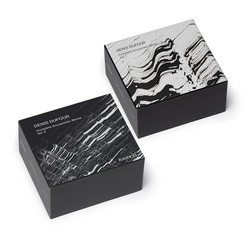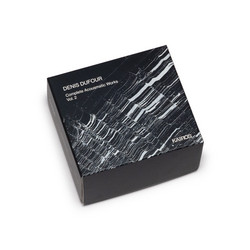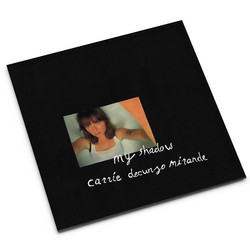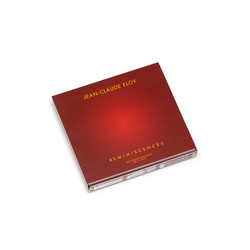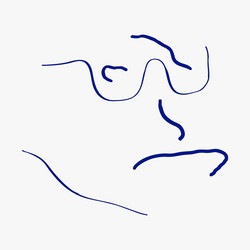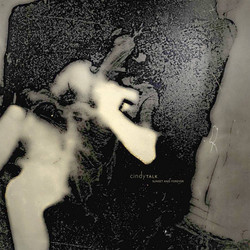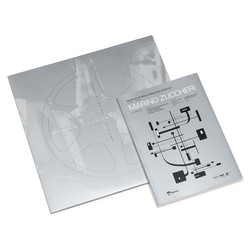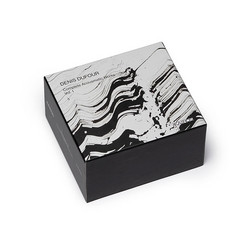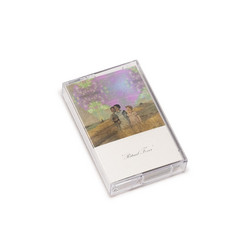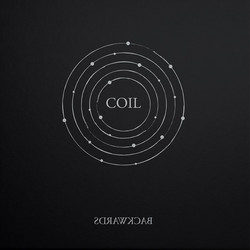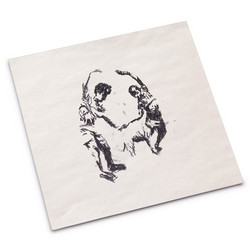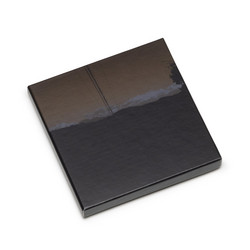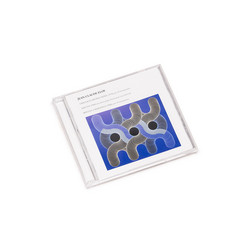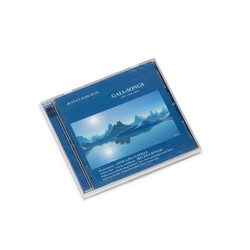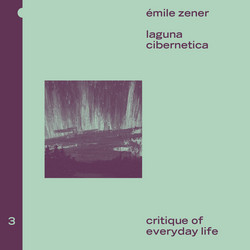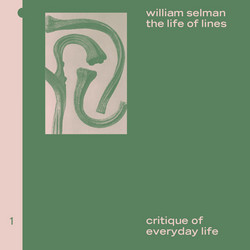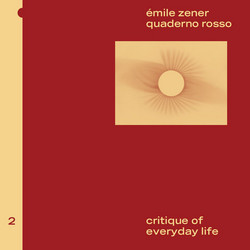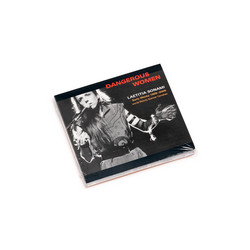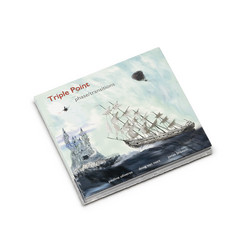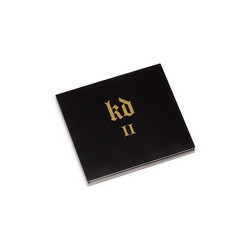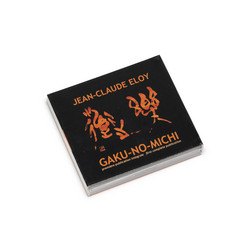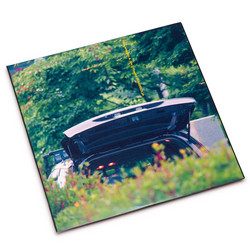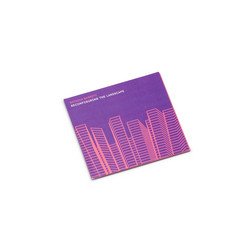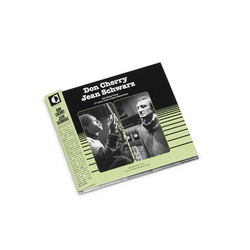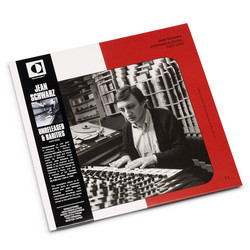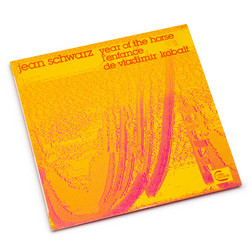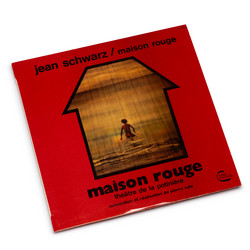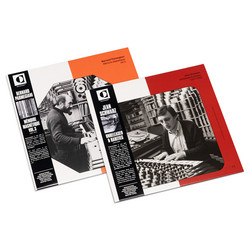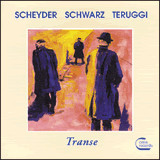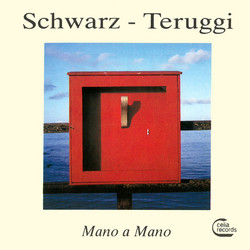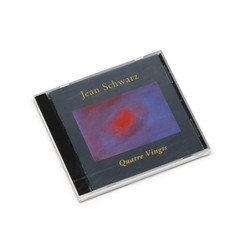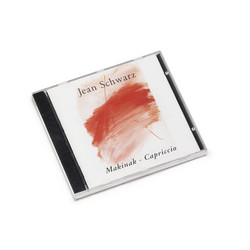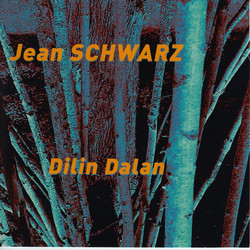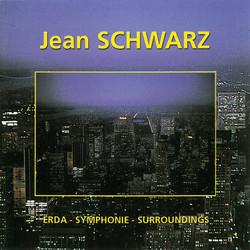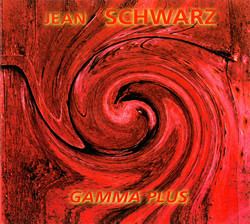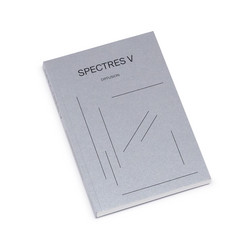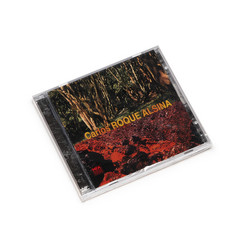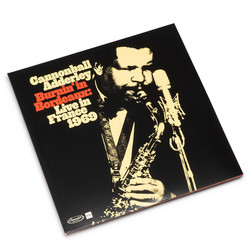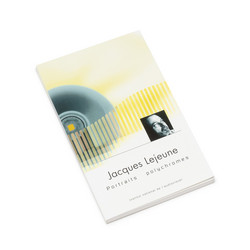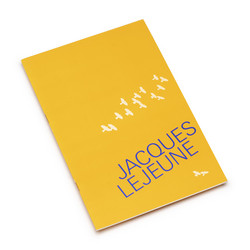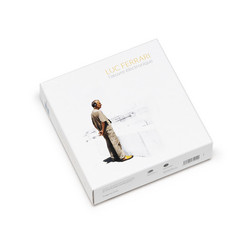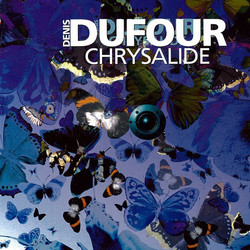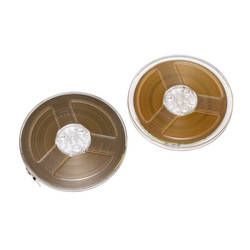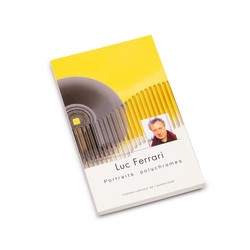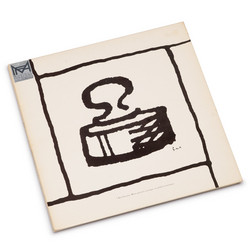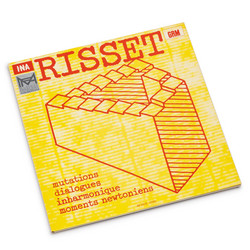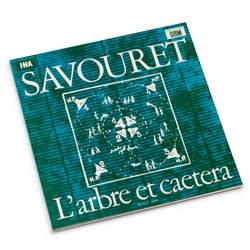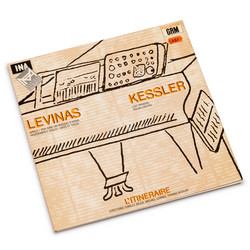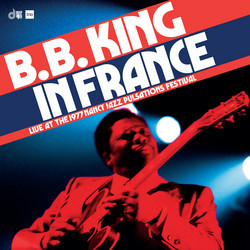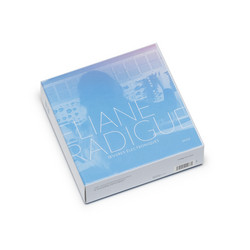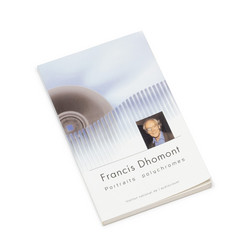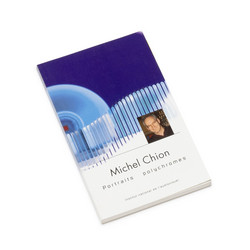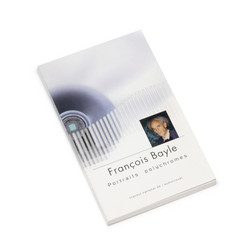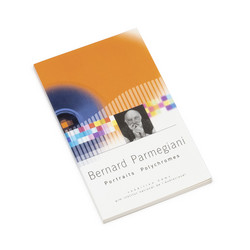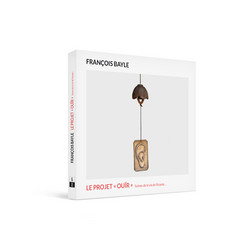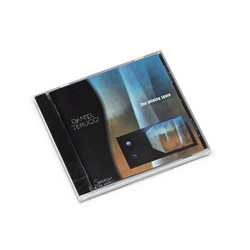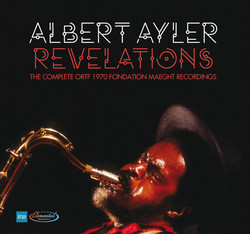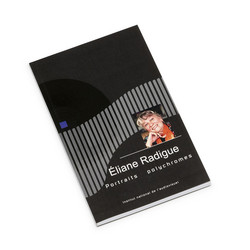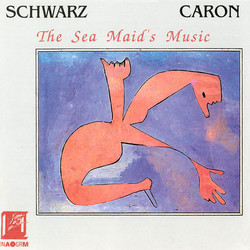1
2
3
4
File under: ElectroacousticMusique Concrète
The general idea of this piece was to imagine a fresco comparable to a Lied, where the soloist's voice is accompanied by electronic sounds combined with concrete and instrumental sounds processed on a computer — sounds from nature and transformed orchestral sounds. Only German corresponded to the conditions I had set for myself — expressionism, distance from the text (which does not really need to be understood), musical language.
Goethe's “Four Seasons” was written in the fall of 1797, after the writer's journey to Switzerland. It is not one of his most well-known works: only the “Autumn” and “Winter” sections are included in standard selections of his poetry.
In selecting the verses for the vocal part, I was guided by the musicalness of the German language when it is sung rather than by the actual meaning of the words.
The theme of the “Four Seasons” is sufficiently general to lend itself to electroacoustic experiments. The overall form of the composition might be compared to a symphony in four movements (allegro, andante, scherzo, adagio). After breaking up the poem and selecting the verses I wanted the soloist to sing, I began to work simultaneously on the tape and on the solo part in the chronological order of the seasons — spring, summer, autumn, winter. The writing of the vocal part is intentionally traditional to the degree that it remains lyrical and does not require any effects, in keeping with the spirit of the German Lieder.
The four movements are preceded by a tonal introduction which undergoes a gradual transition toward a dense material enriched with computer sounds. The element of water opens “Printemps” (Spring), which is treated in a pointillist manner and plays on the contrast between tape and voice (this is the most difficult section for the voice, requiring changes of register and jumps in intensity). “Été” (Summer) is subjected to an increasing tension, with impressions of night, heat, heaviness and love building up to a storm. My favourite season is “Automne” (Autumn), with its colours and smells — I picture it as a wild dance ushered in by a storm. “Hiver” (Winter) is the season of denudation and reflection — the voice opposes its warmth to the season's chill. (Jean Schwarz)
Goethe's “Four Seasons” was written in the fall of 1797, after the writer's journey to Switzerland. It is not one of his most well-known works: only the “Autumn” and “Winter” sections are included in standard selections of his poetry.
In selecting the verses for the vocal part, I was guided by the musicalness of the German language when it is sung rather than by the actual meaning of the words.
The theme of the “Four Seasons” is sufficiently general to lend itself to electroacoustic experiments. The overall form of the composition might be compared to a symphony in four movements (allegro, andante, scherzo, adagio). After breaking up the poem and selecting the verses I wanted the soloist to sing, I began to work simultaneously on the tape and on the solo part in the chronological order of the seasons — spring, summer, autumn, winter. The writing of the vocal part is intentionally traditional to the degree that it remains lyrical and does not require any effects, in keeping with the spirit of the German Lieder.
The four movements are preceded by a tonal introduction which undergoes a gradual transition toward a dense material enriched with computer sounds. The element of water opens “Printemps” (Spring), which is treated in a pointillist manner and plays on the contrast between tape and voice (this is the most difficult section for the voice, requiring changes of register and jumps in intensity). “Été” (Summer) is subjected to an increasing tension, with impressions of night, heat, heaviness and love building up to a storm. My favourite season is “Automne” (Autumn), with its colours and smells — I picture it as a wild dance ushered in by a storm. “Hiver” (Winter) is the season of denudation and reflection — the voice opposes its warmth to the season's chill. (Jean Schwarz)
Details
File under: ElectroacousticMusique Concrète
Cat. number: INA C 1004
Year: 1988
Notes:
Production INA-GRM © ℗ 1988.
Distributed by Harmonia Mundi.
Pressing by PDO.
Made & printed in France.
Composed in 1982-83, for voice, electronics, natural and instrumental sounds treated by computer.
Text based on Goethe's poem "The Four Seasons".
Cover: "L'Hiver" (1527).
12-page booklet in French, English & German.
Total playing time: 65'08".
